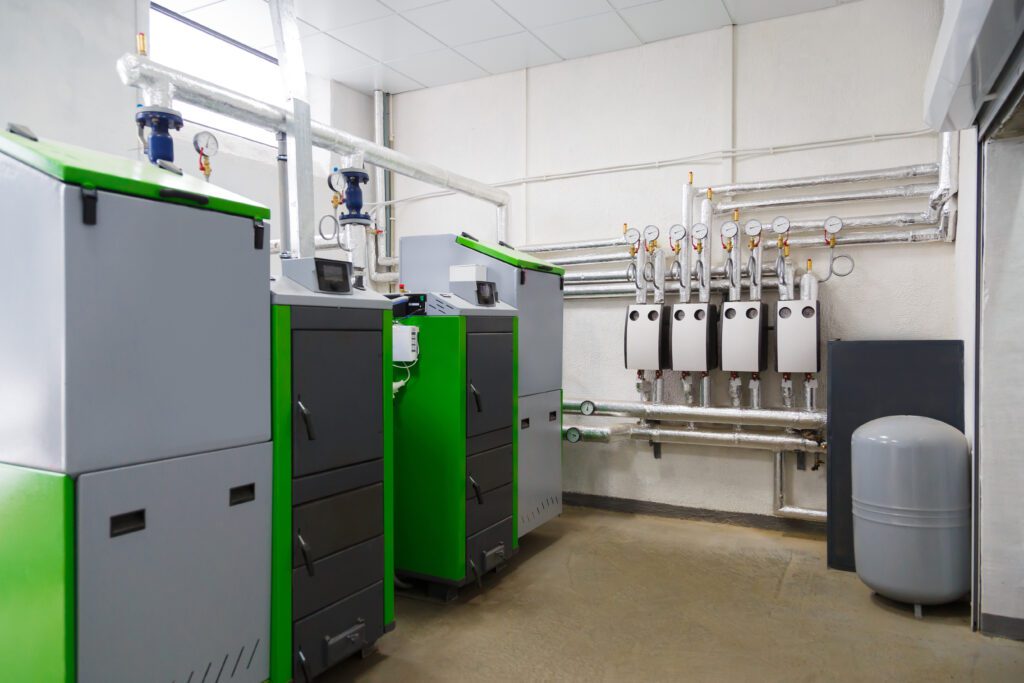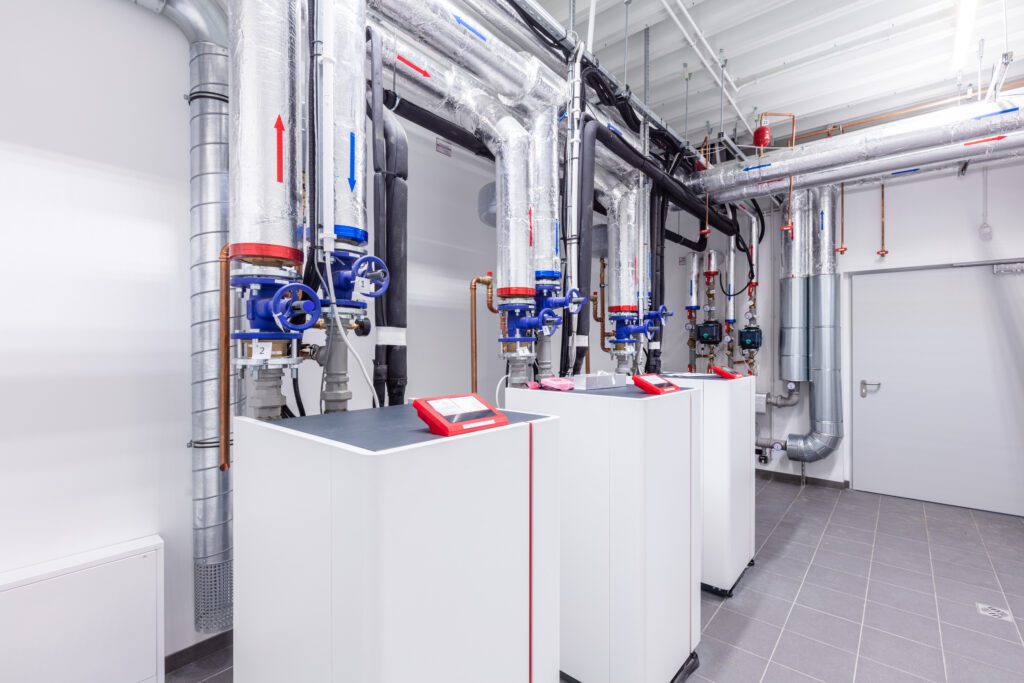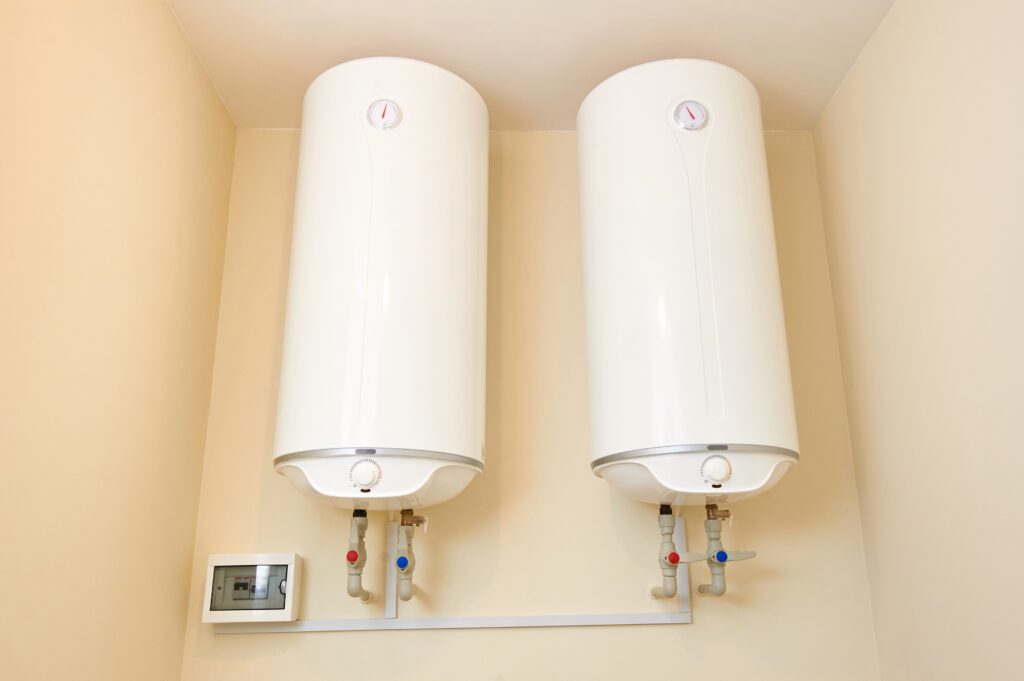Boilers are essential appliances in many homes, providing heating and hot water throughout the year. However, like all mechanical systems, they can develop issues over time. Recognizing the warning signs that your boiler may need repairs is crucial to maintaining comfort and safety in your household. This article will explore various indicators that can signal a malfunctioning boiler and the potential dangers of ignoring these signs.
Understanding Your Boiler’s Normal Functioning
To identify when your boiler may require repair, it’s important first to understand how it operates under normal conditions. Knowing the roles and functions of your boiler can help distinguish between regular operational noise and any signs of trouble.
The Role of a Boiler in Your Home
A boiler is a vital component of your home’s heating system. It heats water for both space heating and domestic use. Boilers can operate on various energy sources, including natural gas, oil, or electricity. They function by heating water to a certain temperature before distributing the hot water or steam to radiators, baseboards, or your hot water taps.
Because they are often out of sight, homeowners may take their boilers for granted. Still, being aware of how often they generally run and what typical operational sounds they make can help in recognizing when something goes wrong. Additionally, understanding the energy source your boiler uses can also influence your energy bills and environmental impact. For instance, natural gas boilers tend to be more efficient and cost-effective compared to their oil counterparts, while electric boilers offer a cleaner alternative but may incur higher operational costs depending on local electricity rates.
Basic Boiler Operations
The operation of a boiler generally involves several vital components that work collaboratively. Key parts include the burner, heat exchanger, and various valves and controls. When a thermostat calls for heat, the burner ignites to heat the water, which then passes through the heat exchanger, distributing warmth throughout the home.
In an efficient and properly functioning boiler, this cycle should be relatively quiet, and the delivery of heat and hot water should be consistent. Observing how your boiler typically functions will set a benchmark against which you can measure any deviations. Furthermore, regular maintenance, such as flushing the system to remove sediment buildup and checking the pressure gauge, can significantly extend the life of your boiler. Many homeowners overlook these routine tasks, but they are crucial for ensuring that your boiler operates at peak efficiency and can help prevent unexpected breakdowns during the coldest months of the year.
Common Indicators of Boiler Problems

Recognizing the common signs of boiler problems early can save you from a complete breakdown. Several indicators may suggest that your boiler needs a thorough inspection or urgent repair.
Unusual Noises from Your Boiler
One of the first signs of potential trouble is hearing unusual noises coming from your boiler. Normal operation might produce some gentle humming or occasional clicking sounds, but loud banging, clanking, or whistling noises can indicate serious issues.
For instance, kettling—a condition where limescale builds up on the heat exchanger—can produce a noise that resembles a boiling kettle. This can significantly hinder your boiler’s performance and efficiency. Additionally, if you hear a constant hissing sound, it may suggest a leak in the system, which can lead to water damage and increased energy costs if not addressed promptly. Regular maintenance and flushing of the system can help prevent these issues from arising.
Inconsistent Heating or Hot Water Supply
If you notice that certain rooms in your home are not heating as they should or that the hot water supply is erratic, it may indicate a malfunctioning boiler or heater controls. Inconsistency can stem from issues such as air trapped in the system, failing pumps, or faulty thermostats.
Regularly check your radiators and taps for hot water consistency. If one area of your home appears colder or fails to receive hot water, it could signal that your boiler is not functioning properly. Furthermore, this inconsistency might also be a result of improper balancing within your heating system, which can lead to uneven heat distribution. A professional inspection can help identify the root cause and restore comfort throughout your home.
Increased Energy Bills
Stay alert to any sudden spike in your energy bills without a corresponding increase in usage. An inefficient boiler often results in higher energy costs, as it struggles to maintain the same level of performance.
If your energy bills seem unusually high compared to previous months or years, it may be a signal that your boiler is operating inefficiently. This inefficiency can stem from age, internal damage, or buildup of scale and sludge in the system. It’s also worth noting that older boilers tend to lose efficiency over time, which can contribute to rising costs. Investing in a newer, more energy-efficient model could not only reduce your bills but also provide a more reliable heating solution for your home.
Physical Signs Your Boiler Needs Repair

Beyond operational indicators, physical symptoms can also serve as warning signs that your boiler may require repairs. These signs are often more apparent and can include visible damage or peculiar changes in function. Recognizing these symptoms early can prevent more extensive damage and costly repairs down the line, ensuring that your home remains warm and comfortable throughout the colder months.
Leaks and Drips from the Boiler
Water leaks around your boiler are a red flag. It may signify pressure issues or damage to the boiler’s internal components. Leaks can lead to further water damage in your home and may indicate that seals or valves have malfunctioned. Additionally, if you notice any unusual sounds accompanying the leaks, such as hissing or bubbling, this could point to more serious internal problems that require immediate attention.
If you observe any water pooling around the boiler, it’s essential to address the situation immediately to avoid further complications or extensive repairs. Ignoring these signs can lead to mold growth or structural damage in your home, creating an unhealthy environment for you and your family. Always consult with a professional to assess the situation and determine the best course of action.
Signs of Corrosion or Rust
Inspect your boiler and pipes for corrosion or rust, which often manifests as brown or discolored patches. Corrosion can severely impact the structural integrity of your boiler and may lead to leaks or complete breakdown. Additionally, rust can indicate that the metal is deteriorating, which can compromise the efficiency of the boiler and lead to higher energy bills.
Also, don’t overlook the importance of maintaining the external components of your boiler. Regular inspections can help catch these problems early, ultimately extending the life of your system. Consider scheduling annual maintenance checks with a qualified technician who can thoroughly examine all parts of your boiler, including the flue and ventilation systems, to ensure everything is in optimal condition.
Boiler Pressure Issues
Maintaining the right pressure is vital for boiler operation. If you notice the pressure gauge falls below the recommended range or fluctuates frequently, it could signify a leak in the heating system or issues with the pressure relief valve. Understanding the normal operating pressure for your specific boiler model is crucial; typically, it should be between 1 and 2 bars when the system is cold.
Low pressure can lead to insufficient heating and hot water supply, while high pressure can increase the risk of a catastrophic failure. Regularly check the pressure gauge and report any abnormalities to a licensed professional. Additionally, be aware of any accompanying symptoms, such as strange noises or inconsistent heating, as these can provide further insight into the underlying issues affecting your boiler’s performance. Taking proactive steps can help ensure your heating system operates efficiently and safely throughout its lifespan.
The Dangers of Ignoring Boiler Problems

It’s crucial to act quickly when you notice the signs of boiler distress. Ignoring these indicators may lead to severe consequences, not only for your equipment but also for your health and safety.
Potential Health Risks
Neglecting boiler maintenance can pose significant health risks, especially if the boiler is gas-fired. A malfunction may lead to gas leaks or carbon monoxide production, both of which are dangerous and can prove fatal without immediate intervention.
It’s essential to install carbon monoxide detectors in your home to provide an added layer of safety against these silent dangers, particularly if you use a gas boiler. Regularly checking these detectors to ensure they are functioning properly is equally important, as a dead battery can render them useless in an emergency. Additionally, understanding the symptoms of carbon monoxide poisoning—such as headaches, dizziness, and confusion—can empower you to act swiftly if you suspect a leak.
Long-Term Damage to Your Boiler
Delaying necessary repairs can lead to exacerbating existing problems, resulting in more extensive and costly damage to your boiler. What may start as a simple noise or minor leak can turn into a total failure, necessitating complete replacement.
The longer you wait, the more expensive your repairs are likely to be. Regular maintenance and prompt attention to any issues can save you from the frustration and financial burden of a boiler breakdown. Moreover, neglecting maintenance can also reduce the efficiency of your heating system, leading to increased energy bills as your boiler works harder to meet your home’s heating demands. A well-maintained boiler not only operates more efficiently but also contributes to a more sustainable household by reducing energy consumption.
The Cost of Delaying Repairs
In addition to physical damage, the cost of delaying boiler repairs can escalate significantly over time. Not only does the price of repairs increase as the problems become more severe, but you also face the expenses associated with inefficient heating and hot water supply.
To protect your investment and ensure the longevity of your boiler, it’s advisable to conduct routine inspections and address any concerning symptoms immediately. Consulting with a professional technician can provide you peace of mind and maintain your home’s comfort. Furthermore, many service providers offer maintenance plans that can help you budget for regular check-ups, ensuring that your boiler remains in optimal condition without the surprise of unexpected costs. By being proactive, you not only safeguard your health and safety but also enhance the overall efficiency and reliability of your heating system, making your home a more comfortable place to live.



